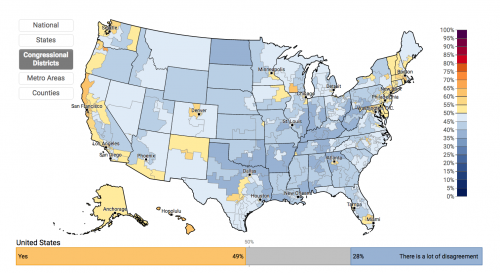Tentatively, I’m going to try this again — if it turns into a flamewar, though, I might skitter away permanently from this sort of thing.
Talk about whatever you want…except politics. We’ve already got a permanent thread on political issues, so we don’t need to replicate that.






